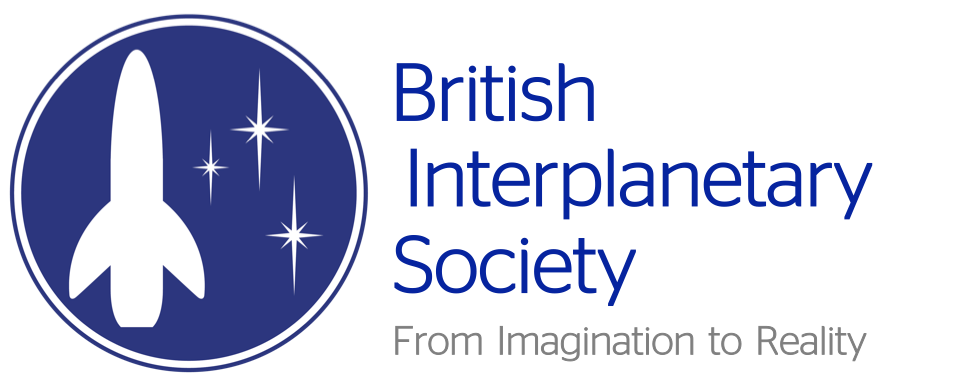IAASS Press Release N° 2016/1
3 November 2016
On 2 November 2016 in London, Isabelle Rongier, President of the International Association for the Advancement of Space Safety (IAASS), Noordwijk, The Netherlands, and Mark Hempsell, President of the British Interplanetary Society, London, United Kingdom, signed a Memorandum of Understanding (MoU) to set out the principles and guidelines for cooperation between the two organizations.
The range of possible activities in cooperation covers mutual support to publications and joint events, workshops, and symposia.
Also, the MoU expressively addresses initiatives to be undertaken together in the field of space safety and rescue. They will be subject to a dedicated project management tailored for the purpose of the respective project and a detailed definition of content, respective responsibilities and funding. Except as otherwise agreed, the leading principle is that each party bears the cost of the respective share of activities.
The MoU is valid for five years with an option of automatic renewal.
Upon signature of the MoU, both parties presented the type and focus of their respective activities with a view to identify possible common grounds for an initial joint initiative in the field of space safety. They discovered a promising opportunity to start cooperation in the promotion of internationally accepted rules, regulations and procedures for space mission safety and astronaut rescue in low Earth orbit and on the Moon, on which both organizations have already started separately some preliminary activities which could easily be combined and extended to other partners.
“I really appreciate our discussions and discovered a lot of BIS activities at which we will now look carefully to put our cooperation into practice”, summarized IAASS President Isabelle Rongier the outcome of the meeting. Mark Hempsell, President of the British Interplanetary Society, found the discussions very useful and expressed his hope that it was the start of a long history of mutual events and activities.
Tommaso Sgobba, Executive Director of IAASS, who attended the MoU signature ceremony, expressed in particular his satisfaction with the identification of a concrete starting point for a joint initiative in the field of space safety and astronaut rescue: “Our cooperation with BIS, who has many knowledgeable and motivated members, can undoubtedly improve the communication, dissemination of knowledge and cooperation between interested groups and individuals in the field of safety and rescue.”
More on IAASS and BIS:
IAASS, the International Association for the Advancement of Space Safety is a non-profit organization to furthering international cooperation and scientific advancement in the field of space system safety. It was legally established on 16 April 2004 under Dutch law and has its headquarters based in Noordwijk, The Netherlands.
In 2004, IAASS became a member of the International Astronautical Federation (IAF) and in 2010, IAASS was granted Observer status at the United Nations Committee on the Peaceful Uses of Space (COPUOS) in Vienna.
The Association exists to help shape and advance an international culture of space safety, to make space missions, vehicles, stations, extraterrestrial habitats, equipment and payloads safer for the general public, ground personnel, crews and flight participants. IAASS also pursues the safeguarding and sustainability of the on-orbit environment to allow unimpeded access to space by future generations.
IAASS membership is open to anyone having a professional interest in space safety. Members can be physical persons, corporations, agencies, universities, institutions, and other professional associations.
BIS, the British Interplanetary Society, founded in 1933 by a group of space enthusiasts who dreamed of using rocket propulsion to fly to the Moon and the planets, has its headquarters located in London, United Kingdom. It is the world’s longest established organization devoted solely to supporting and promoting the exploration of space and astronautics.
The BIS initiates, promotes and disseminates new concepts and technical information about space flight and astronautics through meetings, symposia, publications, visits and exhibitions.
One of the primary areas of focus for BIS over the years has been education and outreach of worldwide space activities. The BIS aims to help publicize space outreach events across the United Kingdom, as well as projects being undertaken by schools and universities.
The British Interplanetary Society is financially independent, has charitable status, and obtains its main income from a worldwide membership. Non-corporate membership is open to all and intended for those with a general interest in astronautics. Fellowship – the corporate grade – of the British Interplanetary Society is restricted to those with a demonstrated active interest in and contribution to the advancement of astronautics.
More information on: www.bis-space.com

